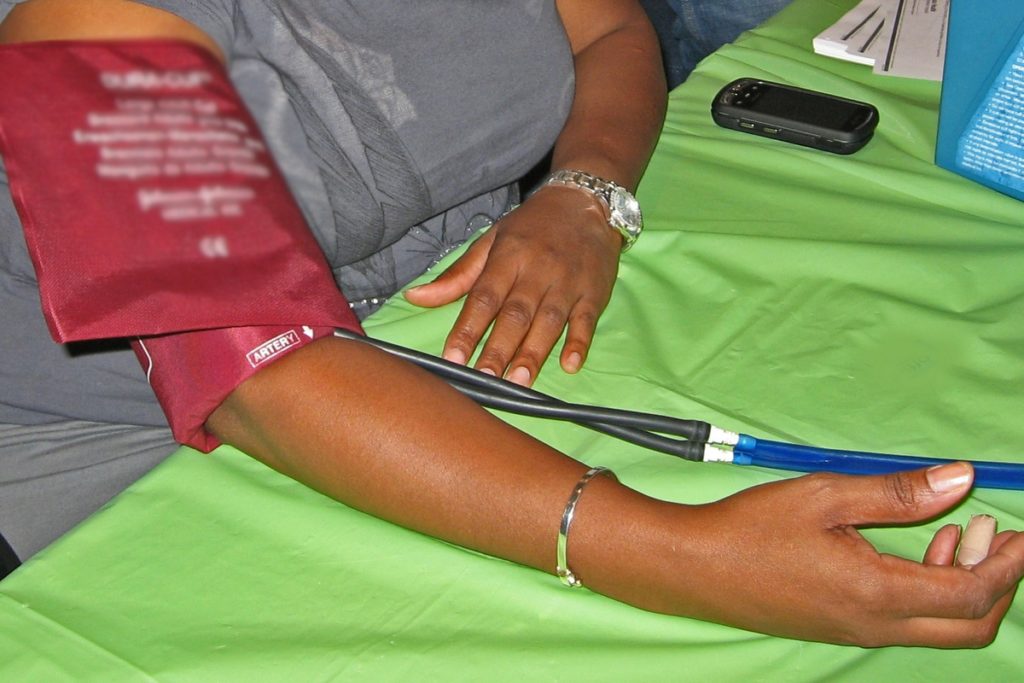
This infographic shows common synthetic chemicals called per- and polyfluoroalkyl substances (PFAS) are associated with a higher risk of hypertension. They are found in fast food packaging, PFAs contaminated drinking water and PFAs contaminated food and states PFAS are detectable in almost everyone. The corresponding line graph shows the survival probability from age 45 to 70 with the following numbers. The hazard ratio of 95% confidence intervals by PFAs. Tertiles 3 versus 1 is 1.71 (1.15, 2.54). Tertile 2 versus Tertile 1 is 1.31 (1.07, 1.59).
copyright Hypertension, an American Heart Association journal and Ning Ding, Ph.D., M.P.H.
In a large, prospective study, the levels of per- and polyfluoroalkyl substances (PFAS), w...
Read More









Recent Comments